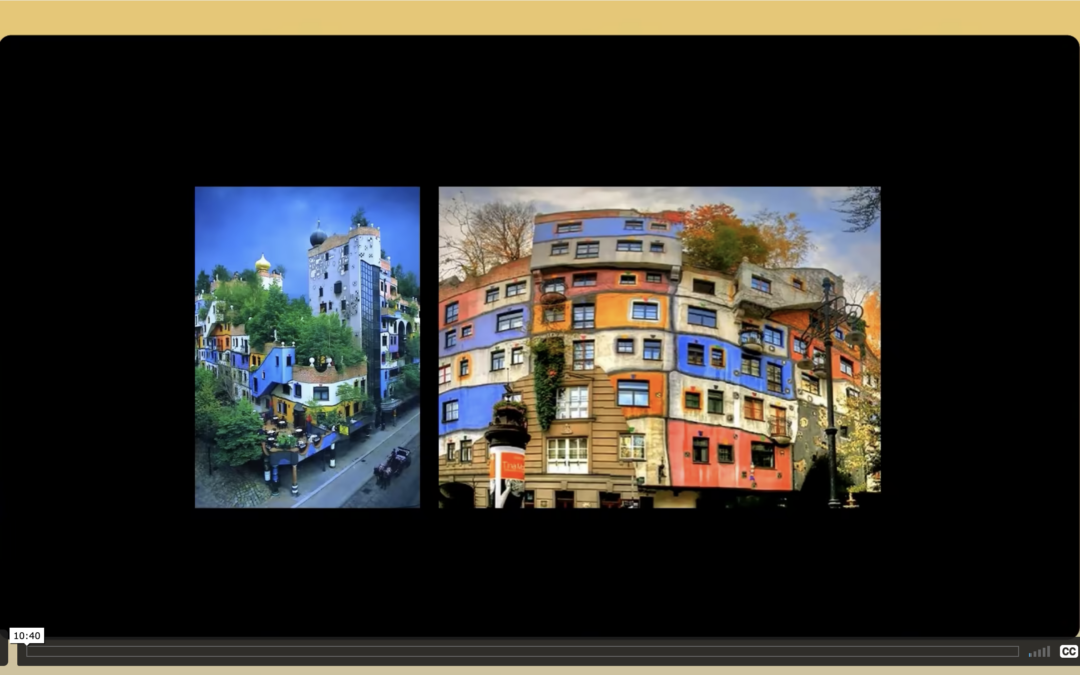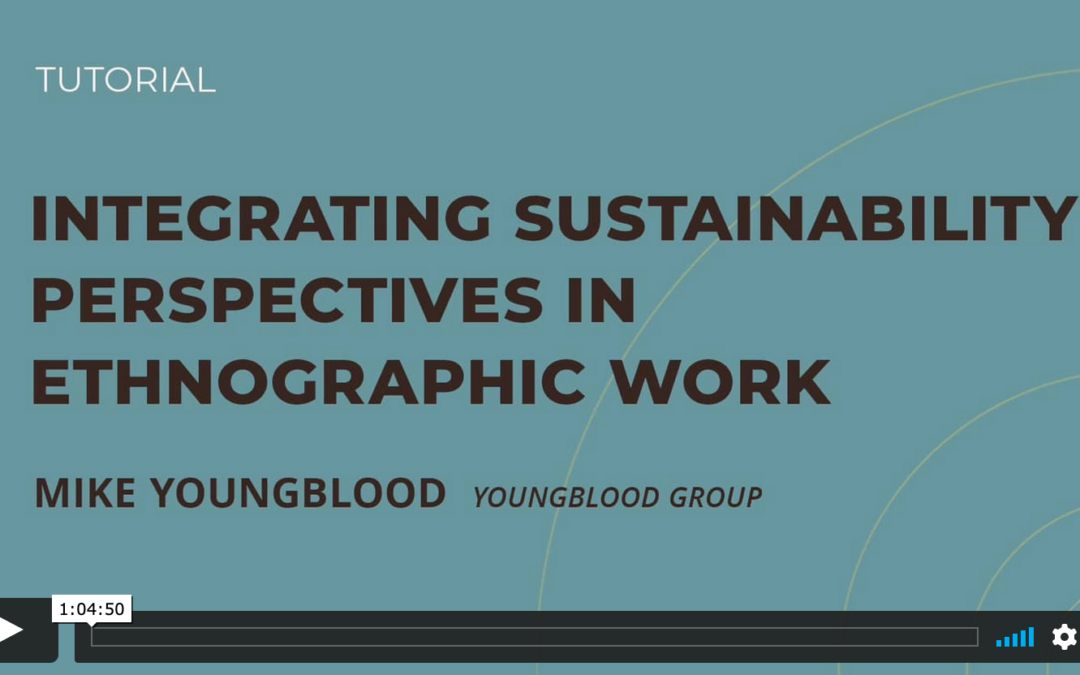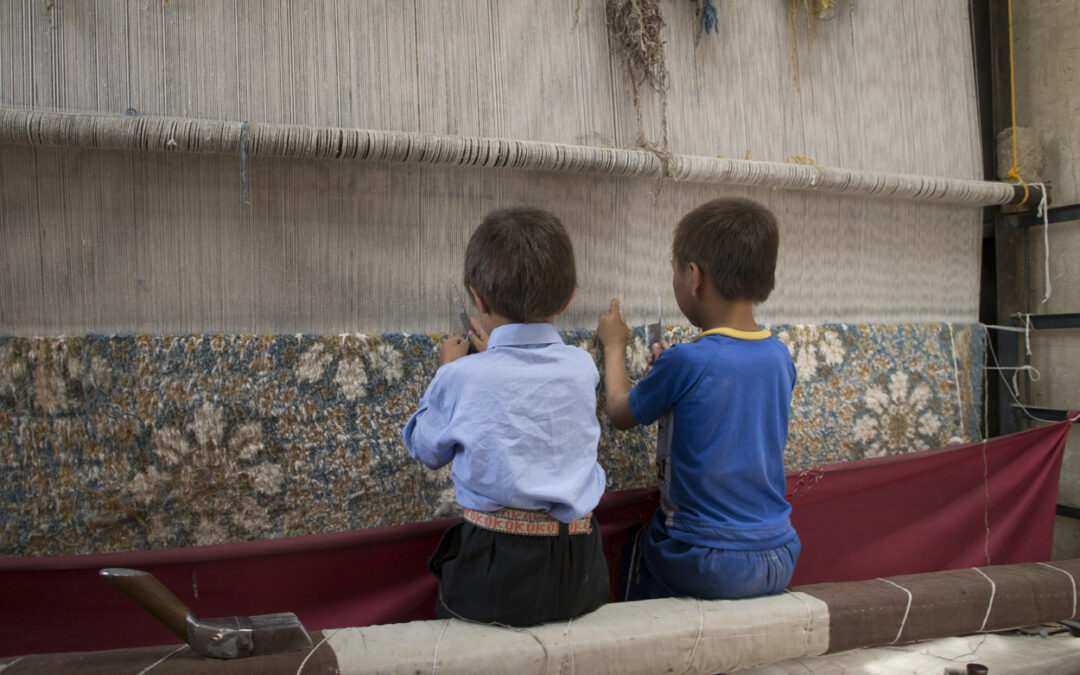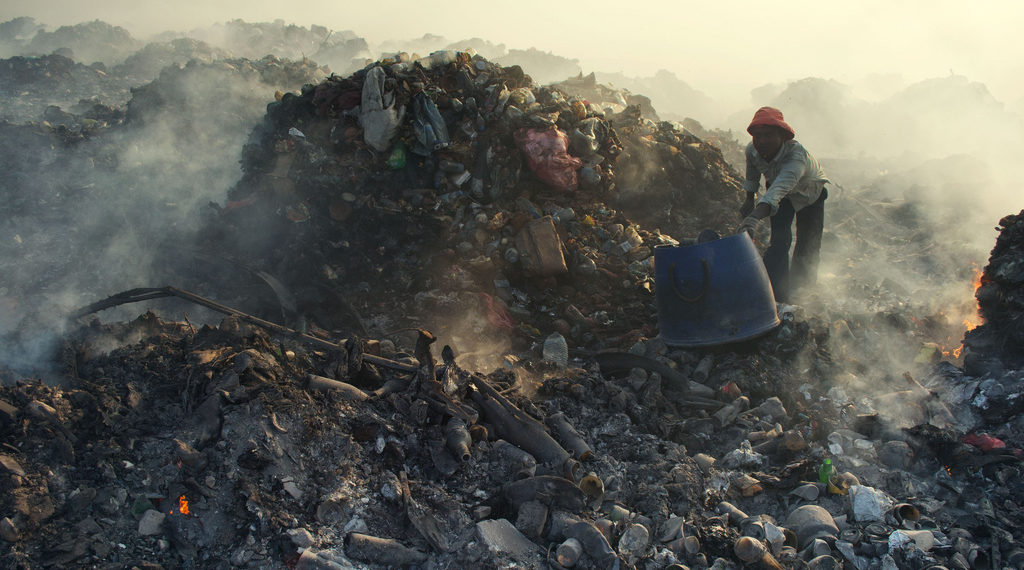“The future” cannot be “predicted,” but “preferred futures” can and should be envisioned, invented, implemented, continuously evaluated, revised, and re-envisioned. —Jim Dator, Hawaii, 1995 This paper introduces a framework called Target Worlds, with which I hope to offer an alternative to putting...




